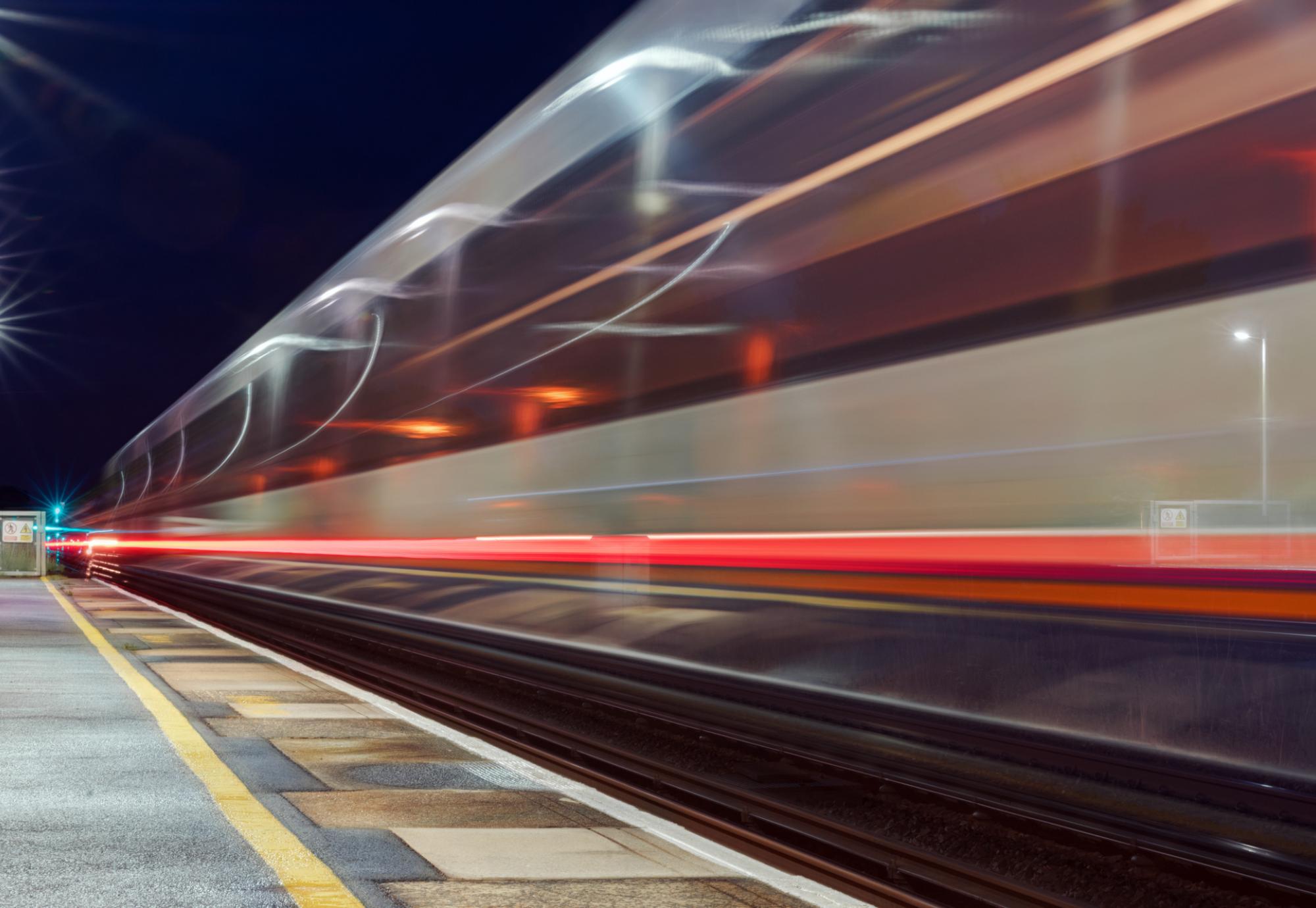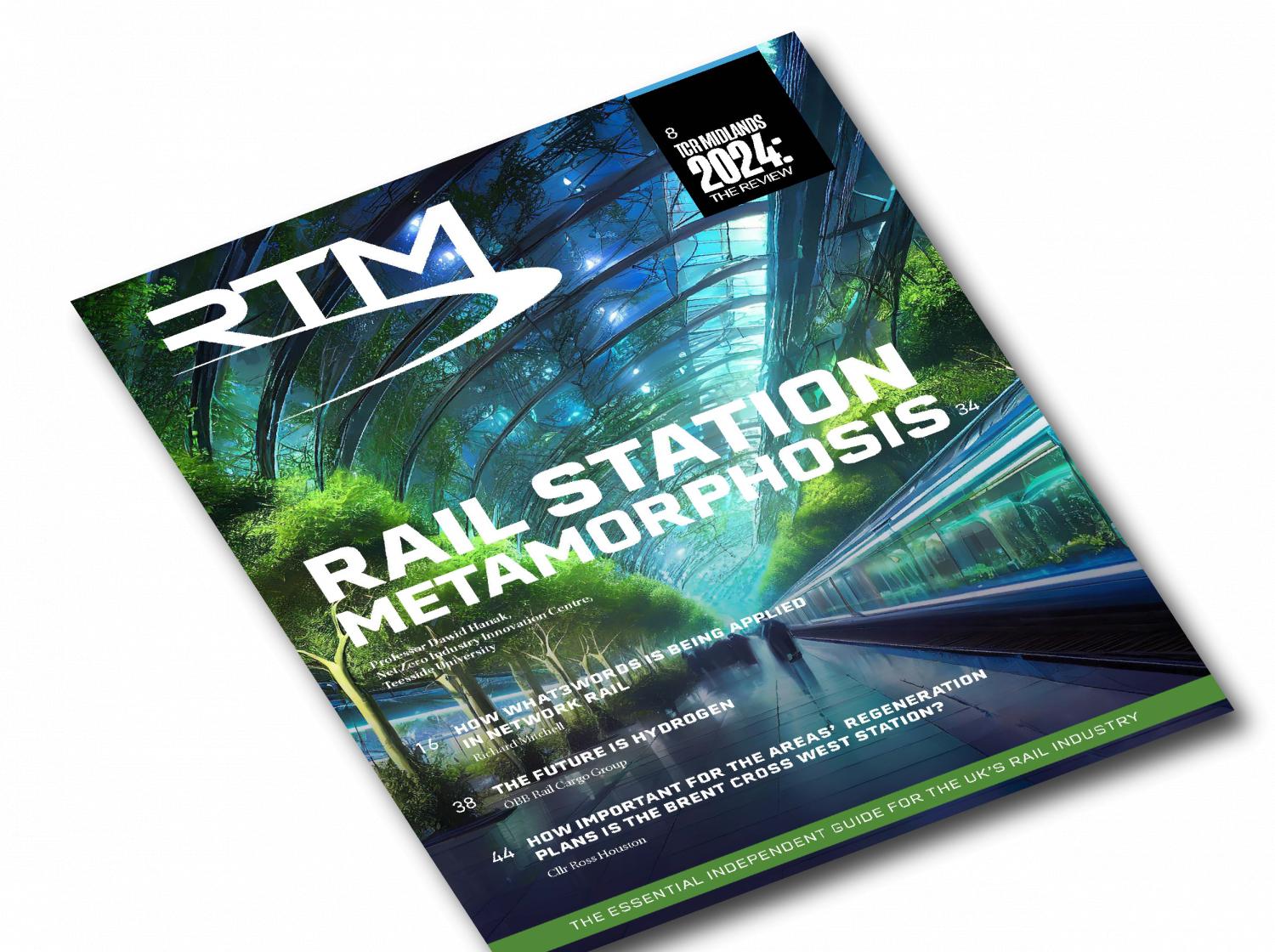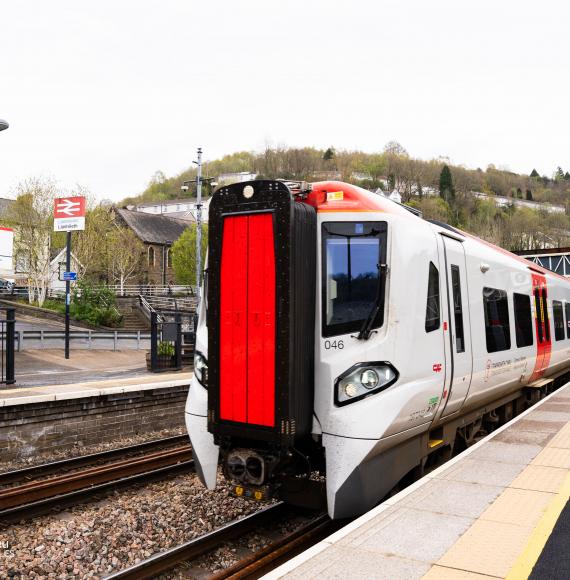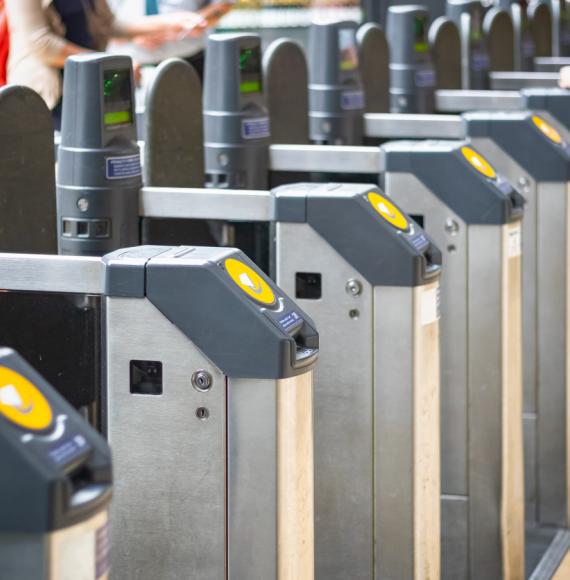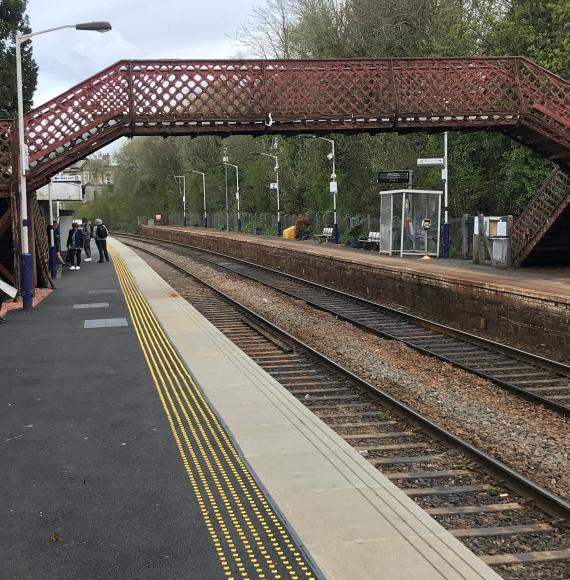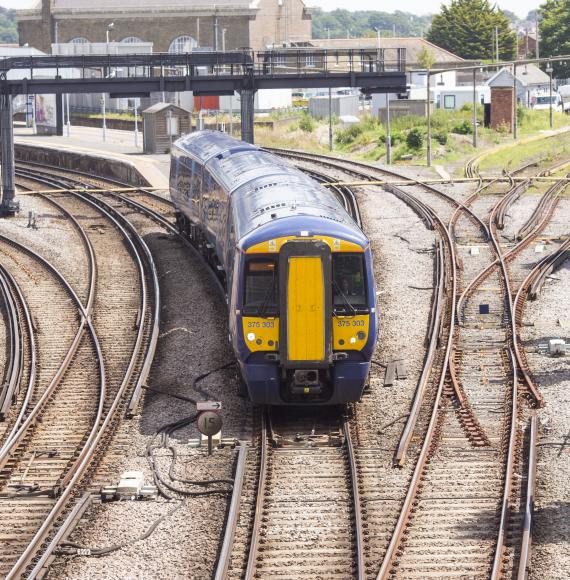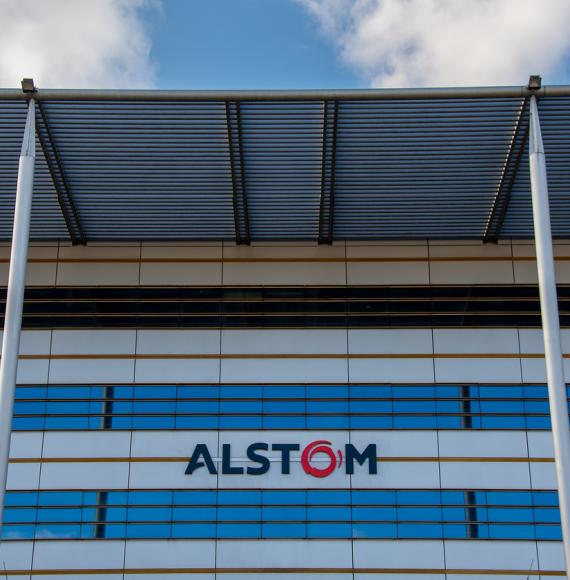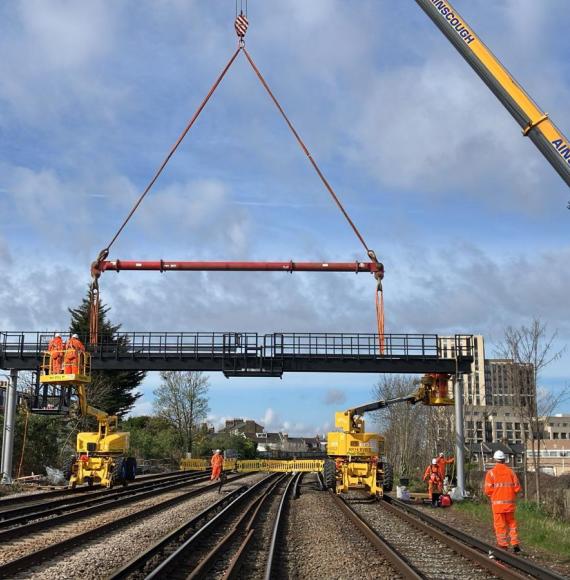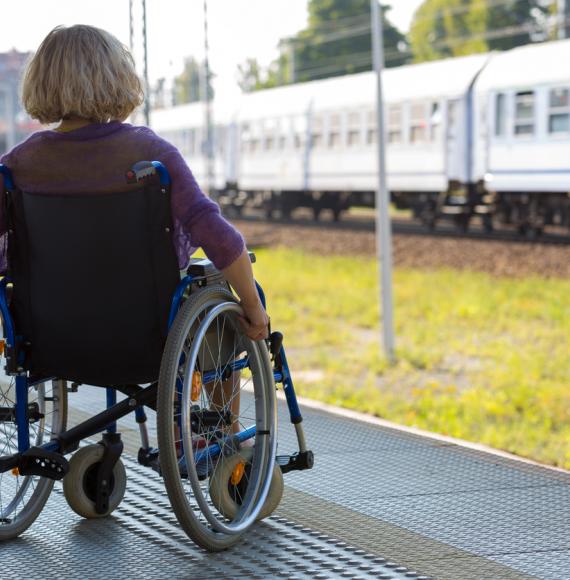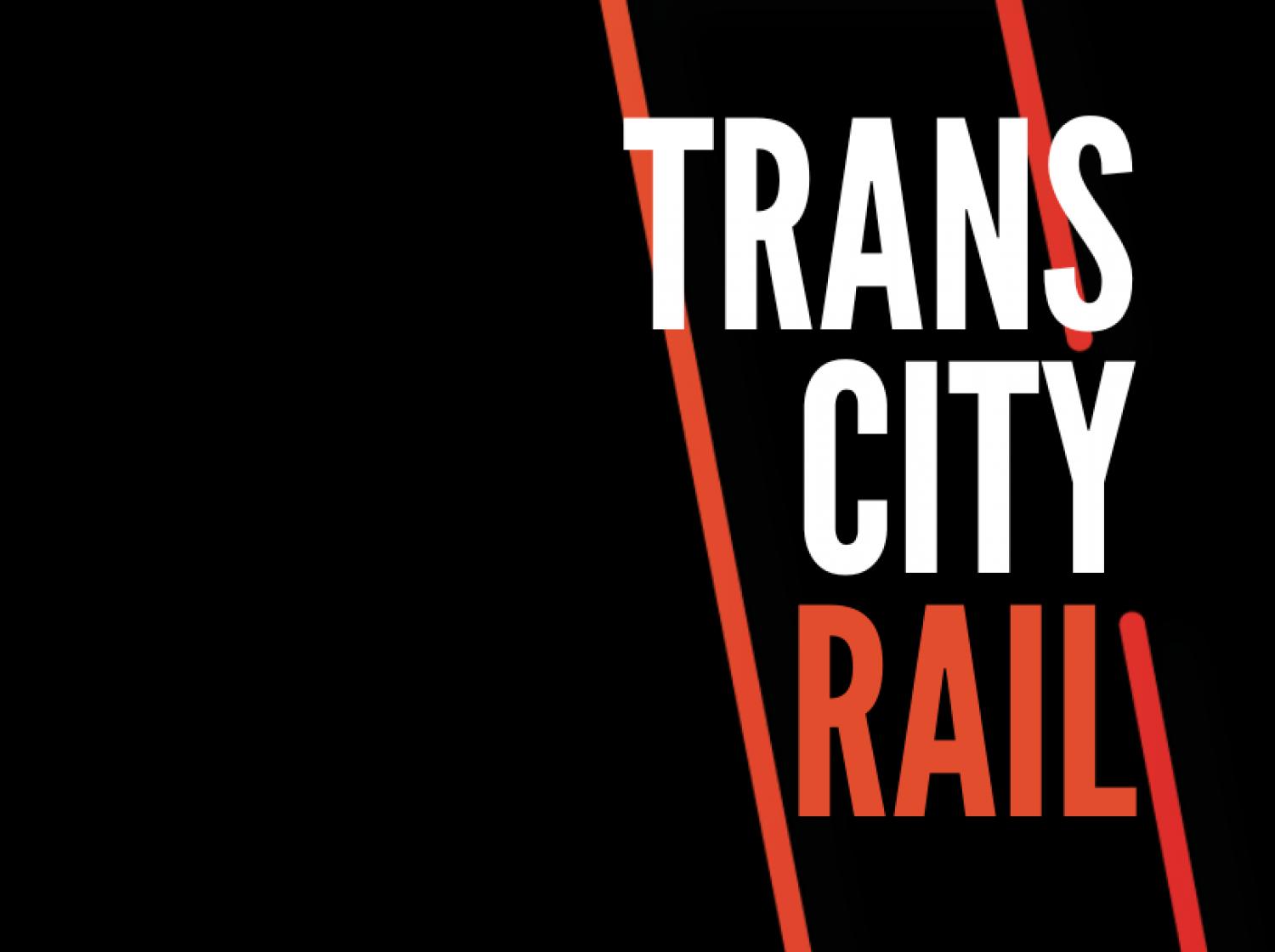Following their ‘Trains Fit for the Future’ inquiry and subsequent report, the House of Commons Transport Committee has outlined 12 further recommendations to ensure that the UK rail network meets its decarbonisation ambitions.
In the Government response, which can be accessed here, the Committee agreed that “although rail is already a relatively green mode of transport, we need to make it even greener if we are to hit our legally-binding target of reaching net zero carbon emissions across the entire UK economy by 2050”.
Positive progress was being made too, the Committee highlighted. It referenced the almost 700 miles of electrification completed across England and Wales over the past three years, as well as more than £6m in funding to 18 First of a Kind projects by Government since 2019.
However, there were further steps to take. The recently-released Williams-Shapps Plan for Rail is aimed at outlining an improved industry structure, including the setting up of a central, joined-up Great British Railways (GBR) to oversee the progress.
Additionally, they said: “Our forthcoming Transport Decarbonisation Plan (TDP), informed by the Network Rail-led Traction Decarbonisation Network Strategy, will set the necessary scale and pace of rail decarbonisation that we need to see between now and 2050.”
To further this success, 12 key recommendations were outlined in the Government response to the report.
These included:
Recommending that the Department for Transport publishes a long-term strategy for decarbonising the rail network as a matter of priority. This should include a vision for what proportion of the future network will use electrification, battery and hydrogen, with the strategy being supported by appropriate costings, a credible delivery plan, and enabling targets and milestones.
Calling on the Department to work closely with other Government departments, including the Treasury, to secure agreement for the levels of funding necessary to begin implementing a long-term decarbonisation programme of the rail network.
- Recommending that the Department implements an enhanced financial mechanism beyond that contained in the Rail Network Enhancement Pipeline process, ensuring that strict transparency and adherence to cost discipline are maintained in any electrification programme.
- Recommending that the Department commits to a 30-year rolling programme of electrification projects and sets this out in its long-term rail decarbonisation strategy.
- Recommending that Network Rail and the ORR continue to explore the potential for an extension in third-rail electrification capability and that the Department, as the overall sponsor of rail decarbonisation, proactively monitors this development in the event that Network Rail and the Office of Rail and Road are unable to reach an agreement on whether to proceed with further third-rail electrification projects.
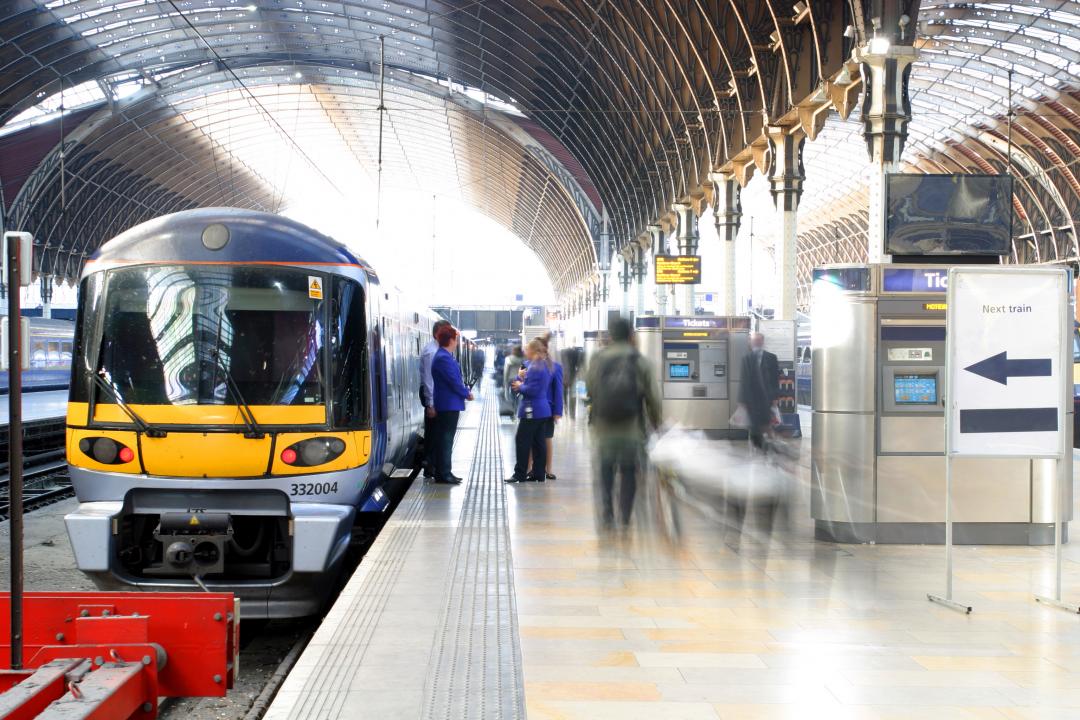
- In responding to this Report, if not earlier, the Department should publish the list of “no regret” electrification schemes identified by Network Rail and confirm which schemes they intend to deliver as a priority, the costs of doing so, and the timeframes.
- Making the case within Government to ensure that hydrogen trains are fully incorporated within the forthcoming national Hydrogen Strategy. This will help ensure the roll out of this new technology is properly co-ordinated and supported by appropriate infrastructure.
- In its response to this Report, the Department should provide more information on how it intends, working with other Government departments, to support the growth of a domestic battery industry to ensure this form of technology can be utilised on the railway.
- The long-term rail decarbonisation strategy must explain the process by which the development of alternative technologies will be reviewed and how such technologies can be incorporated into the network strategy, if they reach the necessary level of development.
- As part of its upcoming cross modal freight strategy, the Department should ensure there is a single cross-modal freight decarbonisation target including both rail and road freight.
- Recommending that the Department’s long-term rail decarbonisation strategy sets out how research and development will be supported and properly funded in order to deliver the scale of change required to decarbonise the rail network.
- The Department must set out how it will ensure that train operators meet the legal requirement to make their trains fully accessible and what sanctions will be used if some train operators once again fail to meet the deadline. We will monitor this situation closely.
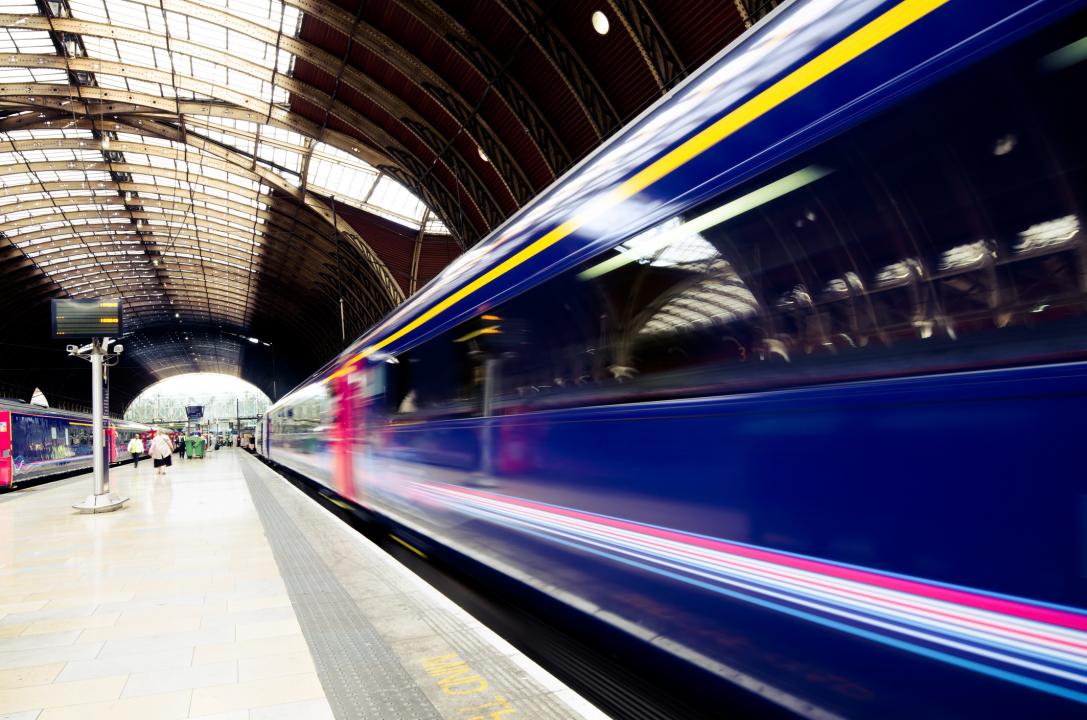
The response and recommendations were produced following review by the Transport Committee, a body of MPs appointed by the House of Commons to examine the expenditure, administration and policy of the Department for Transport and its associated public bodies.
Currently, the House of Commons Transport Committee is made up of:
- (Chair) Huw Merriman MP (Conservative, Bexhill and Battle)
- Ben Bradshaw MP (Labour, Exeter)
- Ruth Cadbury MP (Labour, Brentford and Isleworth)
- Lilian Greenwood MP (Labour, Nottingham South)
- Simon Jupp MP (Conservative, East Devon)
- Robert Largan MP (Conservative, High Peak)
- Chris Loder MP (Conservative, West Dorset)
- Karl McCartney MP (Conservative, Lincoln)
- Grahame Morris MP (Labour, Easington)
- Gavin Newlands MP (Scottish National Party, Paisley and Renfrewshire North)
- Greg Smith MP (Conservative, Buckingham)

